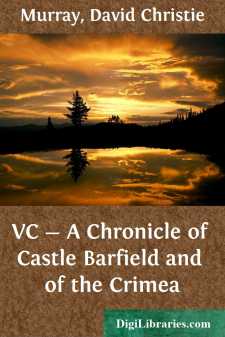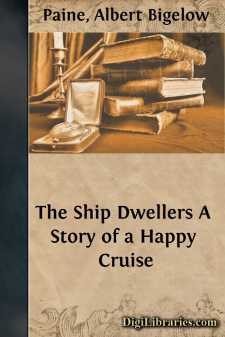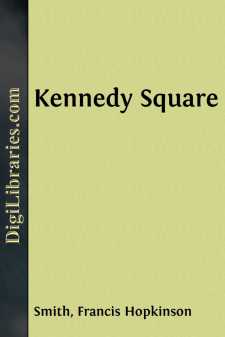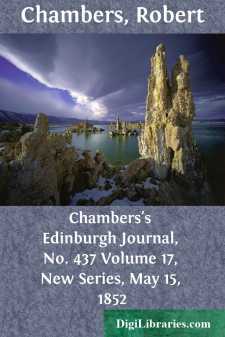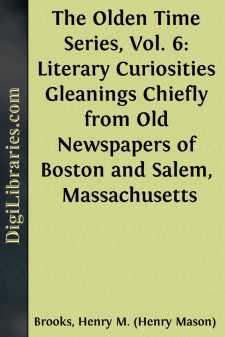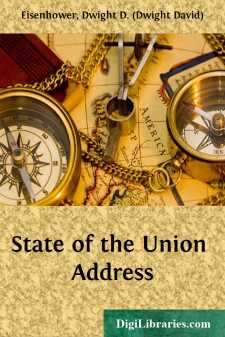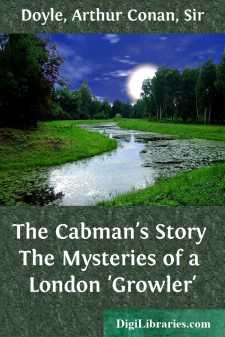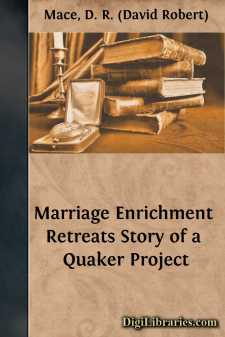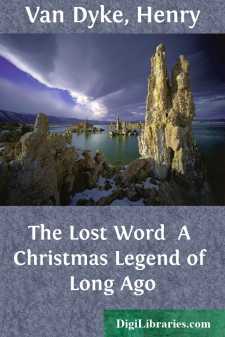Categories
- Antiques & Collectibles 13
- Architecture 36
- Art 48
- Bibles 22
- Biography & Autobiography 813
- Body, Mind & Spirit 141
- Business & Economics 28
- Children's Books 12
- Children's Fiction 9
- Computers 4
- Cooking 94
- Crafts & Hobbies 4
- Drama 346
- Education 46
- Family & Relationships 57
- Fiction 11825
- Games 19
- Gardening 17
- Health & Fitness 34
- History 1377
- House & Home 1
- Humor 147
- Juvenile Fiction 1873
- Juvenile Nonfiction 202
- Language Arts & Disciplines 88
- Law 16
- Literary Collections 686
- Literary Criticism 179
- Mathematics 13
- Medical 41
- Music 40
- Nature 179
- Non-Classifiable 1768
- Performing Arts 7
- Periodicals 1453
- Philosophy 64
- Photography 2
- Poetry 896
- Political Science 203
- Psychology 42
- Reference 154
- Religion 513
- Science 126
- Self-Help 83
- Social Science 81
- Sports & Recreation 34
- Study Aids 3
- Technology & Engineering 59
- Transportation 23
- Travel 463
- True Crime 29
Sort by:
CHAPTER I The people of Castle Barfield boast that the middle of their High Street is on a level with the cross of St. Paul's Cathedral. The whole country-side is open, and affords a welcome to storm from whatever corner of the compass it may blow. You have to get right away into the Peak district before you can find anything like an eminence of distinction, though the mild slopes of Quarry-moor...
more...
THE BOOK, AND THE DREAM It was a long time ago—far back in another century—that my father brought home from the village, one evening, a brand-new book. There were not so many books in those days, and this was a fine big one, with black and gilt covers, and such a lot of pictures! I was at an age to claim things. I said the book was my book, and, later, petitioned my father to establish that claim....
more...
CHAPTER I On the precise day on which this story opens—some sixty or more years ago, to be exact—a bullet-headed, merry-eyed, mahogany-colored young darky stood on the top step of an old-fashioned, high-stoop house, craning his head up and down and across Kennedy Square in the effort to get the first glimpse of his master, St. George Wilmot Temple, attorney and counsellor-at-law, who was expected...
more...
by:
Robert Chambers
There is no occupation in life, be it ever so humble, which is justly worthy of contempt, if by it a man is enabled to administer to his necessities without becoming a burden to others, or a plague to them by the parade of shoeless feet, fluttering rags, and a famished face. In the multitudinous drama of life, which on the wide theatre of the metropolis is ever enacting with so much intense...
more...
LITERARY CURIOSITIES. The following humorous lines well describe the difficulty that editors find in pleasing the public. They are expected to know everything, and to be able to satisfy all tastes and capacities. No imperfections can be excused in conductors of newspapers; they are not even allowed to be unfortunate. THE EDITOR.That editor who wills to please,Must humbly crawl upon his knees,And kiss...
more...
Mr. President, Mr. Speaker, Members of the Eighty-third Congress: I welcome the honor of appearing before you to deliver my first message to the Congress. It is manifestly the joint purpose of the congressional leadership and of this administration to justify the summons to governmental responsibility issued last November by the American people. The grand labors of this leadership will involve:...
more...
THE CABMAN'S STORY The Mysteries of a London "Growler" We had to take a "growler," for the day looked rather threatening and we agreed that it would be a very bad way of beginning our holiday by getting wet, especially when Fanny was only just coming round from the whooping cough. Holidays were rather scarce with us, and when we took one we generally arranged some little treat, and...
more...
by:
David Whitelaw
CHAPTER I TOO OLD AT FORTY The waning light of an October evening shone on the reflectors outside the windows of the basement counting-house, and the clerk at the corner desk could barely discern that the clock on the green painted dusty wall pointed to a quarter to six. In fifteen minutes Edward Povey's twenty-two years of devoted service in the interests of Messrs. Kyser, Schultz & Company...
more...
About the Maces David and Vera Mace have spent almost forty years making a vital relationship of their own marriage, and, because of their inherent sense of purpose, consequently have enriched the lives and marriages of innumerable persons in some sixty countries around the world. David Mace's first degree was in science from the University of London. Earlier family influence led him on to...
more...
by:
Henry Van Dyke
THE POVERTY OF HERMAS "COME down, Hermas, come down! The night is past. It is time to be stirring. Christ is born to-day. Peace be with you in His name. Make haste and come down!" A little group of young men were standing in a street of Antioch, in the dusk of early morning, fifteen hundred years ago. It was a class of candidates who had nearly finished their two years of training for the...
more...


